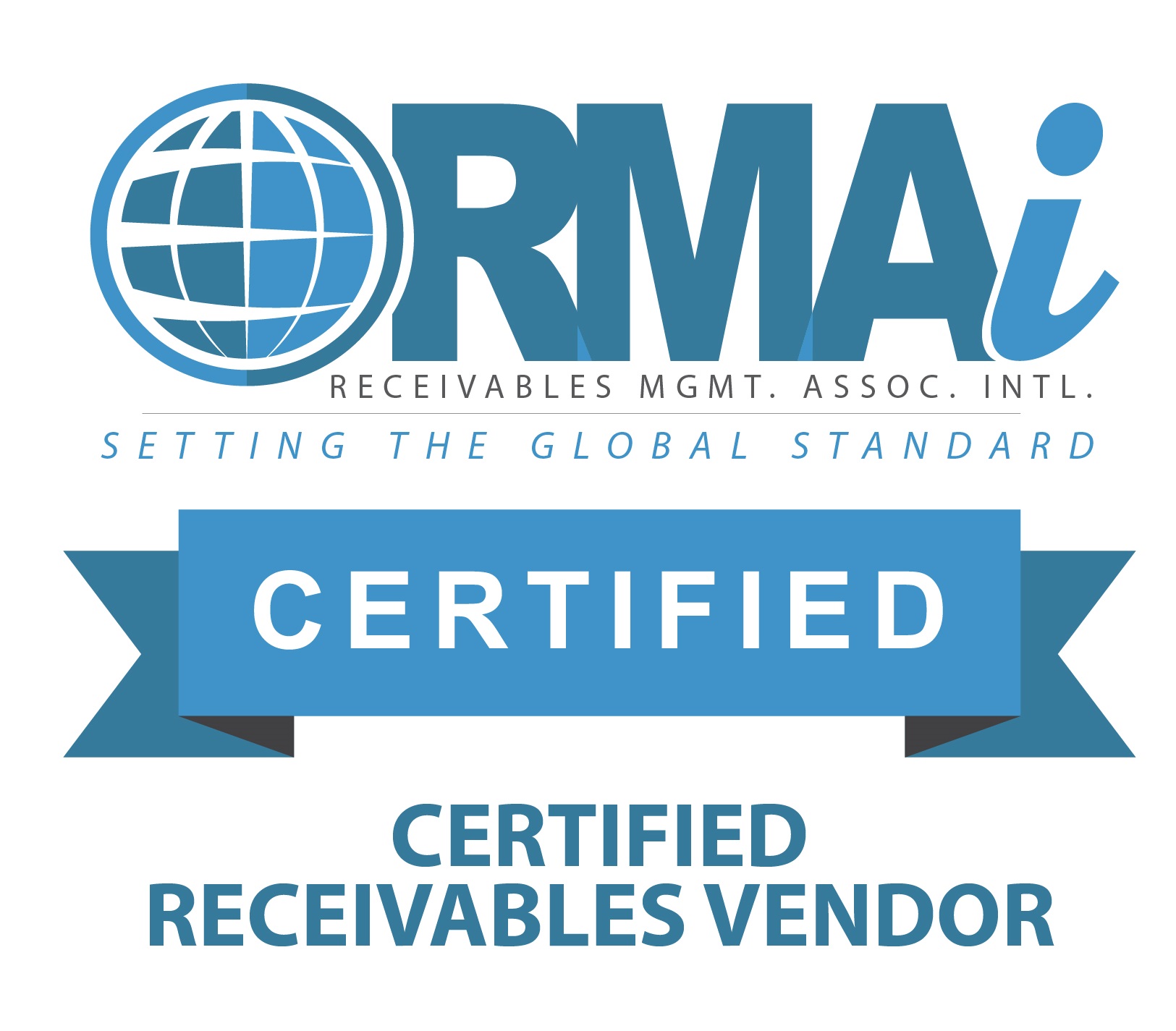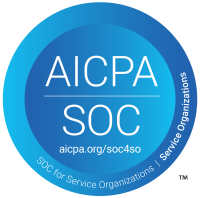View Sale Announcement Detail


Archived news
EXCERPT: CECL is coming to credit unions, which will require them to increase their allowance for losses. In turn, this will impact capital and earnings. To mitigate this, credit unions should consider selling charge-offs and put the proceeds towards future losses.
 Some credit unions might not be fully ready or the implementation of the new CECL standard slated to take effect in December.
Some credit unions might not be fully ready or the implementation of the new CECL standard slated to take effect in December.
With the new CECL standard set to take effect in December, credit unions worry about what such a standard will do to their bottom line. It's been a hot topic ever since the Financial Accounting Standards Board (FASB) issued the new rules in 2016. And many credit unions may not be fully prepared.
Financial institutions will soon be subject to the new CECL (current expected credit loss) standard, and this will impact how banks and credit unions account for expected credit losses, rather than waiting for loss to occur first. It's a more proactive approach that replaces the current Allowance for Loan and Lease Losses (ALLL) standard.
But there are concerns in the banking industry that such a standard will have a significant effect on financial institutions' bottom-line results.
Concerns Over CECL For Credit Unions
After the financial crisis in 2008, regulators immediately started to focus on reducing systemic risk and protecting the economy from any further decline. More recently, changes to these accounting standards will impact how financial institutions that issue credit - including credit unions - estimate credit losses.
These new CECL standards will have a huge impact on how financial institutions calculate their credit loss reserves, as well as how they will manage risk and track financial information. Concerns loom over a potential increase in compliance costs as new forecasts will need to be established to calculate these anticipated losses and increase capital, which many credit unions may not be able to afford.
 Some opponents believe that the new CECL laws shouldn't apply to CUs.
Some opponents believe that the new CECL laws shouldn't apply to CUs.
Arguments Over Credit Unions' Involvement in CECL
Opponents of credit unions' involvement with CECL, including the National Association of Federal-Insured Credit Unions (NAFCU), don't believe that credit unions should be subject to these new standards because they did not have anything to do with the lax lending practices that eventually led to the financial crisis. They believe that policymakers should take into consideration the effect that the new standard will have on credit unions and their members.
The National Credit Union Administration (NCUA) and other banking agencies have voiced their concerns over the impact that CECL would have on financial institutions, and have requested some clarification and assistance when it comes to calculating estimates under the new standard. As some consolation, CECL standards will be phased in to credit unions in an effort to offer these financial institutions some relief from large increases in loan loss reserves when the new accounting standard takes effect at the end of the year.
Mitigating the Impact of the CECL Standard
That said, there is no doubt that CECL will require credit unions to increase their allowance for expected credit losses, and this will impact capital and earnings. However, there may be a way for credit unions to mitigate this effect: by selling charge-offs and putting the proceeds of such sales towards future losses.
In order to do this effectively and successfully without compromising the strength of their loan portfolios, credit unions are encouraged to team up with a seasoned loan sale advisory partner like Garnet Capital to facilitate the sale of such risky assets to make room for more profitable, safer assets.
Sign up for our newsletter today.







